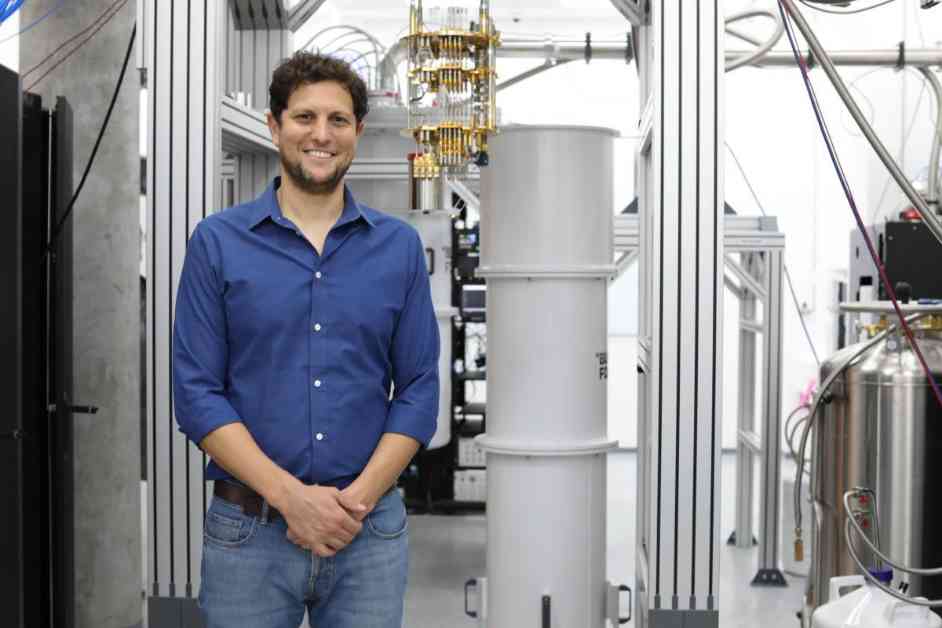A year and a half ago, Quantum Machines and Nvidia, a quantum control startup, and a leading technology company, respectively, announced a partnership to combine Nvidia’s DGX Quantum computing platform with Quantum Machine’s advanced quantum control hardware. While the results of this collaboration were not immediately evident, recent developments have shown progress towards achieving an error-corrected quantum computer.
In a recent presentation, the two companies demonstrated their ability to utilize a reinforcement learning model on Nvidia’s DGX platform to enhance the control of qubits in a Rigetti quantum chip by maintaining system calibration. Yonatan Cohen, Quantum Machines’ co-founder and CTO, highlighted the importance of using powerful compute engines to control quantum processors effectively. The focus of this collaboration was on calibration, specifically fine-tuning the “? pulses” that govern qubit rotation within a quantum processor.
Calibration is a continuous process rather than a one-time event, as quantum computers require frequent recalibration to maintain high fidelity and performance. By leveraging reinforcement learning and advanced hardware, Quantum Machines and Nvidia aim to improve quantum computer performance and longevity, essential for quantum error correction.
Adjusting control pulses in real-time is a computationally intensive task that can benefit from reinforcement learning due to the inherent variability of quantum systems. Sam Stanwyck, Nvidia’s group product manager for quantum computing, emphasized the significance of quantum error correction and the need for precise control pulses to optimize qubit performance.
Even minor enhancements in calibration can lead to significant improvements in error correction, highlighting the exponential benefits of accurate calibration in quantum computing. While the current focus is on basic quantum circuits, the potential for scaling these techniques to more complex systems is promising.
Looking ahead, Quantum Machines and Nvidia plan to expand their collaboration and make these tools more accessible to researchers. With the upcoming availability of Nvidia’s Blackwell chips, the computing platform for this project will become even more powerful, paving the way for further advancements in error-corrected quantum computing.
The ongoing partnership between Quantum Machines and Nvidia represents a significant step towards addressing key challenges in quantum computing. By integrating accelerated supercomputing with quantum technology, the collaboration aims to tackle some of the most critical issues in the field. As they continue to refine their approach and develop open-source libraries, the potential for unlocking the full capabilities of quantum computing grows.
In conclusion, the joint efforts of Quantum Machines and Nvidia signify a crucial advancement in the quest for error-corrected quantum computing. By combining their expertise and resources, the two companies are paving the way for a future where quantum computers can achieve unprecedented levels of performance and reliability. With further developments on the horizon, the possibilities for quantum computing continue to expand, bringing us one step closer to realizing the full potential of this groundbreaking technology.











